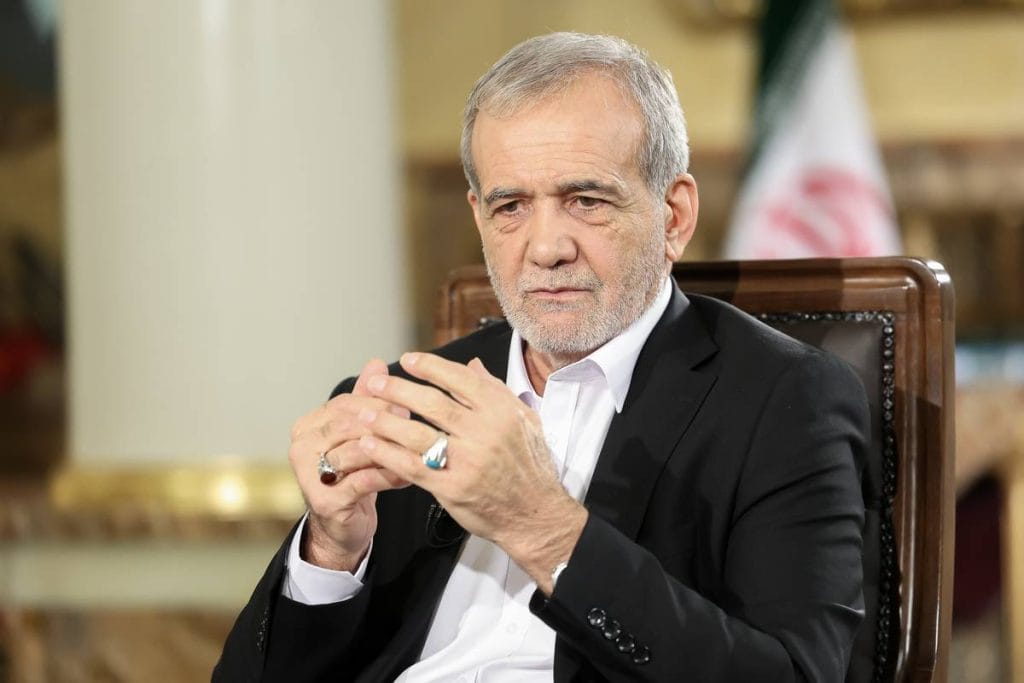The ongoing military escalation between Israel and Iran is stirring widespread concern across African nations, particularly among oil-producing and energy-importing countries, as global oil prices continue to climb.
Following Israel’s airstrikes on Iranian territory and Tehran’s retaliatory attacks, crude oil markets reacted sharply, with prices surging amid fears of a broader conflict in the Middle East—home to some of the world’s key energy corridors.
Cheta Nwanze, a partner at Nigeria-based SBM Intelligence, warned that both oil exporters and non-producers on the continent are likely to feel the economic pressure.
“While oil-producing nations may gain short-term revenue from higher prices, the overall economic impact could be negative due to increased fuel and transportation costs, which tend to drive up inflation,” Nwanze said. He also noted that countries dependent on imported energy could face significant stress on their foreign exchange reserves.
Many African governments, under fiscal reforms encouraged by the International Monetary Fund (IMF), have removed fuel subsidies in recent years. This has left domestic consumers more vulnerable to price volatility in global energy markets.
The diplomatic front has also been active. The African Union issued a statement expressing “grave concern” over the conflict, describing it as a threat to global peace and stability. South Africa voiced alarm over potential risks to nuclear safety, while Nigeria’s Ministry of Foreign Affairs warned that the situation could further destabilize the already fragile Middle East region.
As tensions persist, observers worry that prolonged instability could have ripple effects across Africa, from inflation spikes and trade disruptions to security and diplomatic realignments.



